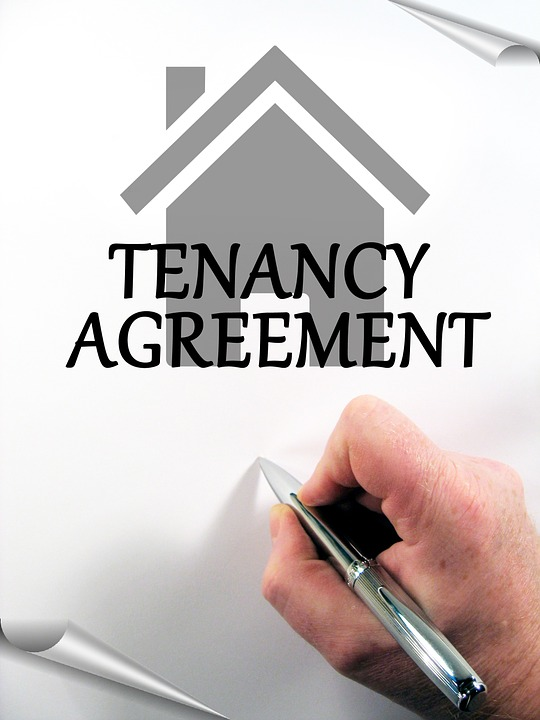Leasing a rental property is a good financial investment. However, managing tenants and taking care of the property can be a harrowing task. As a landlord, you need to educate yourself about the bylaws for tenancy in your province. A good real estate lawyer can help you understand the legal provisions applicable to your property.
The Residential Tenancies Act is the main legislation regulating the conduct of landlords and tenants in Alberta. It states the rights and remedies for both parties in cases of dispute. One of these common issues faced by landlords is property abandonment. Let’s discuss this scenario and understand the plan of action that you can adopt in cases the tenant abandons rental property:
Ascertain your Tenant has Abandoned your Property
Before you conclude that your tenant has fled, make sure you have proof. According to the Residential Tenancies Act, a landlord can infer that a tenant has abandoned the property only when:
- The tenant has left behind his/her personal belongings in the rental property after the tenancy agreement has ended.
- The tenant has left personal belongings in the rental property for over a period of one month and has not paid rent for the same.
- The tenant has moved a major portion of his/her belongings from the rental property leaving behind very few personal items.
The scenarios (2) and (3) are considered to be abandonment only when the tenant has clearly stated either verbally or orally that he/she has no intention of returning to the rental property or if the landlord has relevant reasons to believe that the tenant is not going to resume his/her stay in the rental property.
Get Rid of Their Personal Belongings
Once you have ascertained that your tenant has abandoned the property, then you can remove all of their leftover belongings. As per the Residential Tenancies Act, you have to store the tenant’s property in a safe place for a period of 60 days following the date of removal. There has to be a written inventory of all their belongings. You also have to keep the particulars of the disposition of the property for a period of two years. This is to ensure that you are able to answer the queries in case anyone might enquire about the personal belongings of the tenant.
Landlords have the right to dispose of the personal belongings if their total market value is less than $500 or if the cost of removing, storing and selling the property is more than the proceeds of their sale. Another condition which allows a landlord to dispose of the personal property in a reasonable manner is if the storage of the tenant’s personal property is unsafe or unsanitary.
The best way to understand your rights as a landlord is by consulting a real estate lawyer. They can easily guide you on what to do when a tenant abandons rental property with their knowledge and experience in handling real estate litigation. Consult our experts at Prowse Chowne today to know more.

